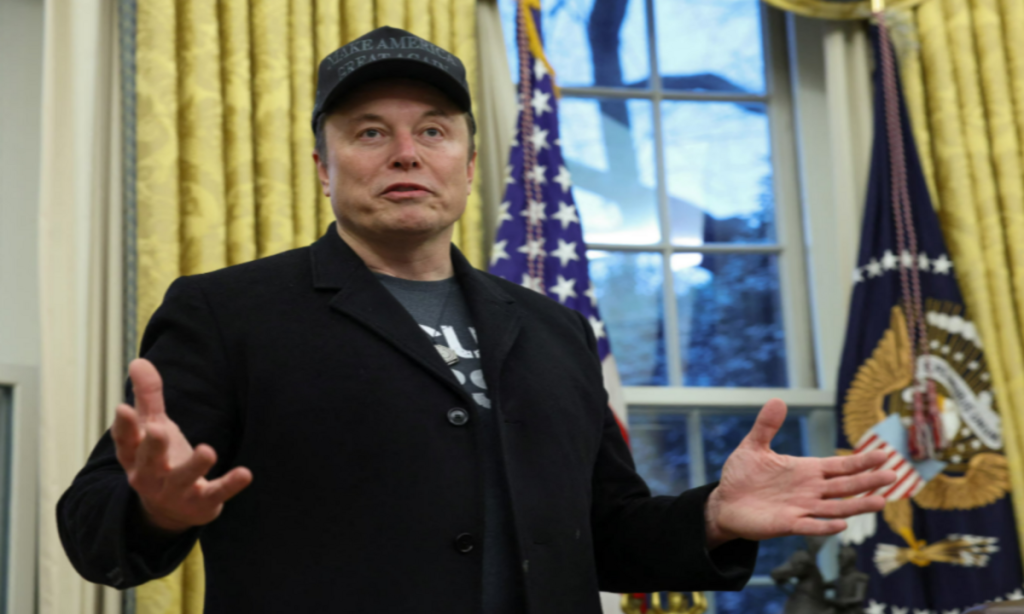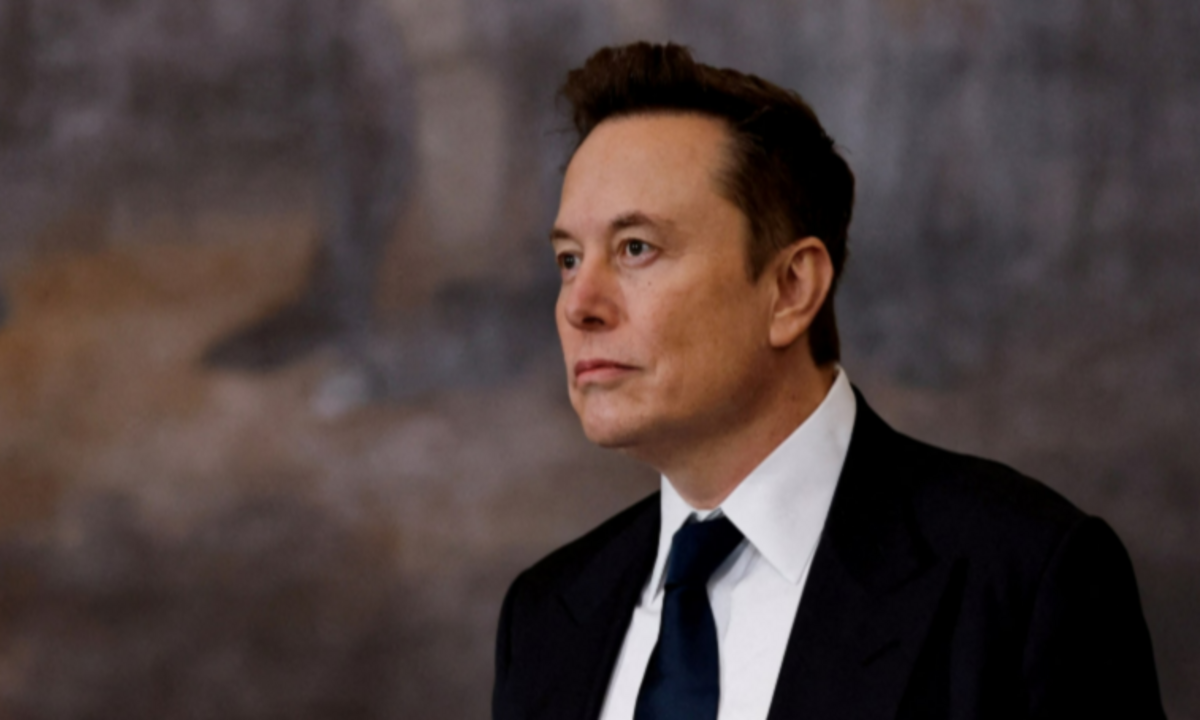A group of Democratic lawmakers has strongly criticized President Donald Trump and billionaire Elon Musk for their recent actions to dismantle the U.S. Agency for International Development (USAID).
They argue that these moves are illegal, unconstitutional, and detrimental to national security.
Background on USAID’s Closure
In early February 2025, USAID employees were instructed to vacate their Washington headquarters following an announcement by Elon Musk that President Trump had agreed to shut down the agency. This decision is part of a broader initiative led by Musk’s Department of Government Efficiency (DOGE) to reduce federal agencies’ size and scope.
Lawmakers’ Response
During a press conference outside USAID’s headquarters, Representative Don Beyer of Virginia stated, “What Trump and Musk have done is not only wrong, it’s illegal. USAID was established by an act of Congress, and it can only be disbanded by an act of Congress.” He emphasized the need for legal action and bipartisan support to address this issue.
Other lawmakers highlighted USAID’s critical role in global health, humanitarian aid, and national security. Representative Gerry Connolly noted, “USAID is there in the fight against HIV, in the fight to protect refugees, in the fight to make sure that there’s food security everywhere.” He added, “No one elected Elon Musk to dismantle it.”
Constitutional Concerns
The lawmakers argue that the unilateral decision to dismantle USAID without congressional approval constitutes a constitutional crisis. Representative Jamie Raskin stated, “Elon Musk, you didn’t create USAID. The United States Congress did for the American people… and just like you did not create USAID, you don’t have the power to destroy it.” He emphasized that it is Congress’s responsibility to oversee such agencies.
National Security Implications
Senator Chris Van Hollen warned that dismantling USAID could benefit adversaries like Russia, China, and Iran. He stated, “USAID is an essential instrument of U.S. foreign policy and U.S. national security policy. So this has nothing to do with making the U.S. government more efficient, and everything to do with aiding and abetting our adversaries around the world.”
Legal and Legislative Actions
In response to these developments, legal challenges have been initiated. A federal judge has ordered the Trump administration to temporarily lift its freeze on USAID funding, citing the financial devastation caused to suppliers and nonprofits that carry out U.S. aid overseas. The ruling emphasized that the administration had not provided a rational basis for the funding freeze.
Additionally, lawmakers are exploring legislative avenues to counter the administration’s actions. Senator Brian Schatz announced a “blanket hold” on Trump’s State Department nominees in response to the USAID developments, a move supported by Senator Van Hollen.
Impact on USAID Operations
The abrupt shutdown has led to significant disruptions. USAID staffers have reported being locked out of their computer systems and instructed to stay away from their offices. This has caused confusion and concern among employees and contractors, many of whom are uncertain about their future.
The decision to dismantle USAID has sparked a significant political and legal battle, with lawmakers asserting that such actions require congressional approval. As the situation unfolds, the balance of power between the executive branch and Congress remains a focal point of debate.
Disclaimer—Our team has checked this article to ensure its accuracy and eliminate any misinformation. We are committed to providing clear and reliable information for our readers.


